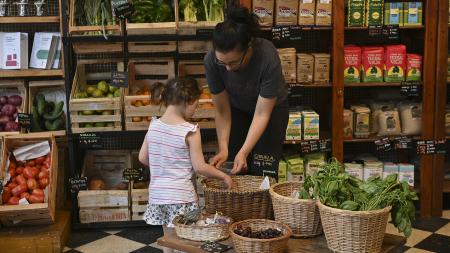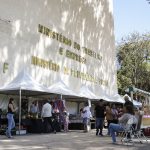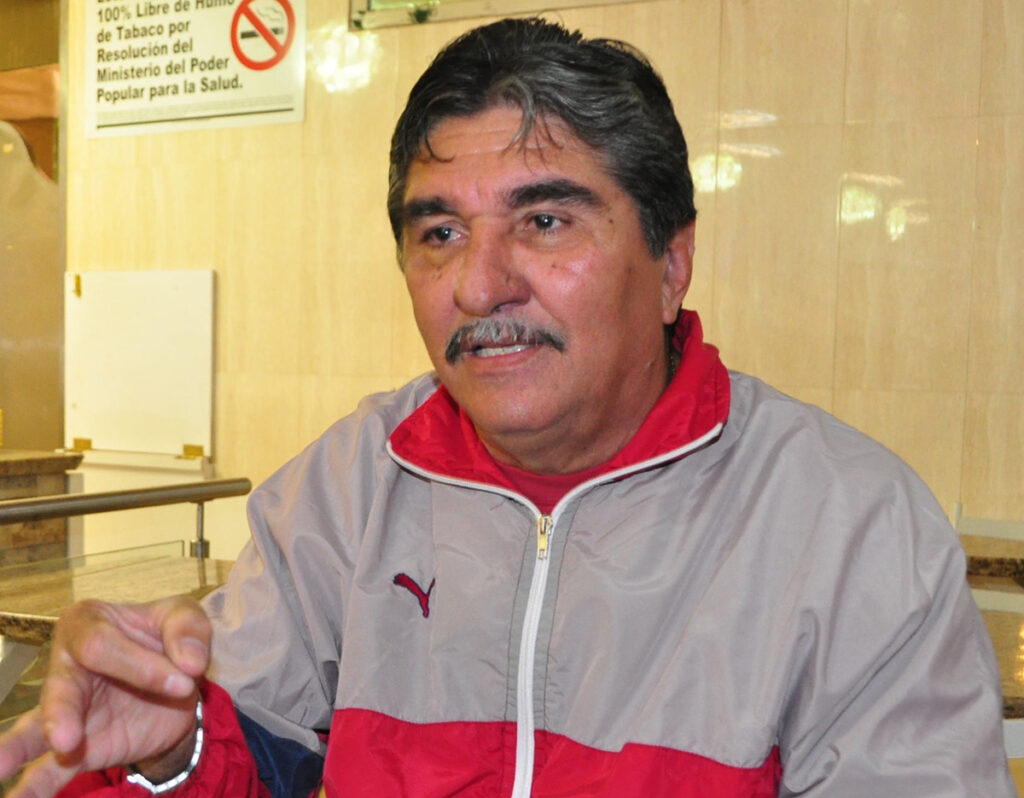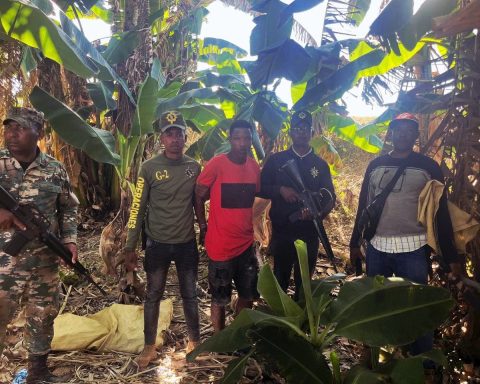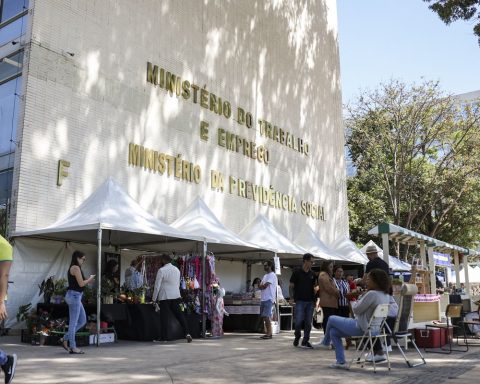The social and solidarity economy continues to strengthen its alternative sales channels with the Centro de Comercialización de Productos de la Agricultura Familiar (Cecopaf), as opposed to the large supermarket chains.
Currently, Cecopaf contributes to the production, logistics and marketing of agroecological food, with more than 30 marketing points throughout the country.
Since 2014, the Center for the Marketing of Family Farming Products (Cecopaf) has been part of the Red Nacional de Alimentos Cooperativas project.a network made up of cooperatives, in charge of producing and marketing agroecological food.
“In principle, the network arose from the commercial need of producers who had been producing quality food, supporting crops that the large food industry has discarded,” explains Míguela Varela, a member of Cecopaf’s board of directors and a member of the Network. Cooperative Food.

In this sense, with the concern of being able to bring these products closer to more and more consumers, two commercial tools emerged in Buenos Aires: one is the Cecopaf Cooperative and the other is the Alimentando Work Cooperative.
Between both organizations they contribute to the commercialization of this type of products, covering more than 100 cooperatives throughout the country.
The economic and solidarity sector not only has a strong political, social and cultural content, but also its social economic model contrasts with the traditional view of work, production and consumption.

“We try to dispute the concept of fair prices, not only from cheap or speculative prices but from food security and its sovereignty. This implies a higher quality of food as well as taking into account the work of the producer and the entire production chain,” says Varela.
Nevertheless, The social economy is much more than a production philosophy: it is one of the engines in the economic sector, which represents 10% of GDP in Argentina.

“In addition to producing, we are great generators of self-management work, since unlike large companies where ownership is more concentrated, we are democratic organizations with partners who participate in productive decisions.”
In turn, Míguela maintains that In Argentina, most of the food production ends up harming the producer since “the intermediaries that establish the prices are the large commercial chains, which have greater economic and political power because it is a concentrated market.”.
Therefore, for the Cecopaf benchmark, it is not enough to dispute the prices of the dominant market, but rather, “we understand that the only viable and fair alternative for economic development is to create an alternative and own channel”, where production, industrialization, marketing and consumption remain in the hands of the producers.
With this scheme, the producer receives 60 percent of the value of the sale while the rest is distributed in freight, logistics, and fixed marketing expenses.

On the other hand, the consumer is also part of this productive model since the objective is not only to sell food and make a profit.
“In our shopping centers we generate information spaces about the food chainwhere we interact every day with consumers, or hold talks with growers,” explains Varela.
In addition, “our objective is that all the people and organizations that are disputing the meaning of food, have the Cooperative Food Network to be able to market their products, especially organic and artisan foods, which rescues the biodiversity that the food industry the food has destroyed”.
An example of this is the cooperative from Jujuy Cauqueva, which has been producing Andean foods such as Andean potatoes for more than 25 yearsproduct marginalized in food.
Regarding the decentralization of this productive model throughout the country, Cecopaf began its commercial development in Buenos Aires, but quickly took care of expanding solidarity marketing spaces in different provinces such as Jujuy, La Rioja, Catamarca, Mendoza, and Patagonia. , among other.

“We got to work thinking that each cooperative that produces also has to be a space for the supportive marketing of other products, that is, not only what it is producing but also other products. It took us a long time, but we did it.”
Currently, Cecopaf has more than 30 points of sale throughout the countrywith different characteristics, according to the place: “we bet that next year they will be much more”, he concludes.
